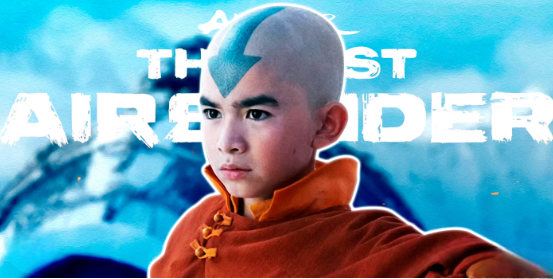Netflix recently released its adaptation of “Avatar: The Last Airbender” on February 22, and it’s stirred up quite a buzz. Critics have given it a 60% score on Rotten Tomatoes, just enough to pass as “fresh,” but audiences seem to have a more favorable opinion, giving it a solid 75% rating.
Comparisons to the beloved original animated series are inevitable, and the live-action version falls short of the high bar set by its predecessor, which boasts an impressive 98% audience score. In contrast, M. Night Shyamalan’s 2010 film adaptation received dismal ratings from both critics (5%) and audiences (30%).
Critics have offered mixed reviews of Netflix’s adaptation. While Jonah Krueger from Consequence appreciates the blend of nostalgia and new ideas, Jenna Sherer from AV Club finds the portrayal lacking in charm and connection, leaving both fans and newcomers wanting more.
The series is set in a war-torn world inspired by Asian and Indigenous American cultures, where individuals can “bend” the elements of water, earth, fire, or air. Aang, the Avatar and last Airbender, along with allies Katara and Sokka, embarks on a journey to master all four elements and bring balance to the world while facing off against the aggressive Fire Nation and their relentless pursuit by the exiled prince Zuko.
Despite the mixed reviews, “Avatar: The Last Airbender” continues to engage audiences with its compelling storytelling and rich characters. Whether it lives up to the legacy of the original remains a topic of debate among fans and critics alike.















































